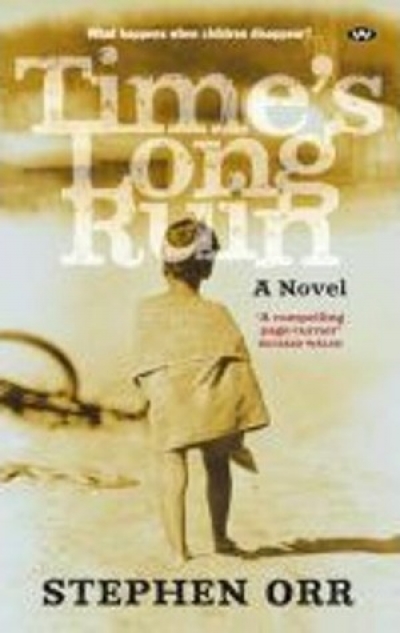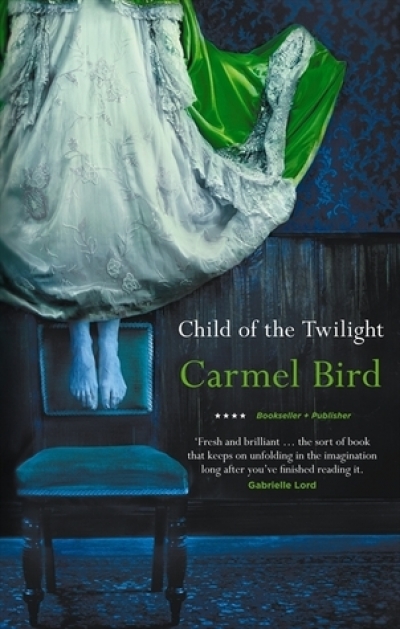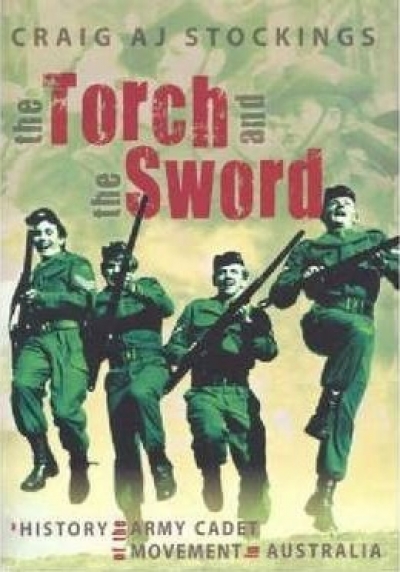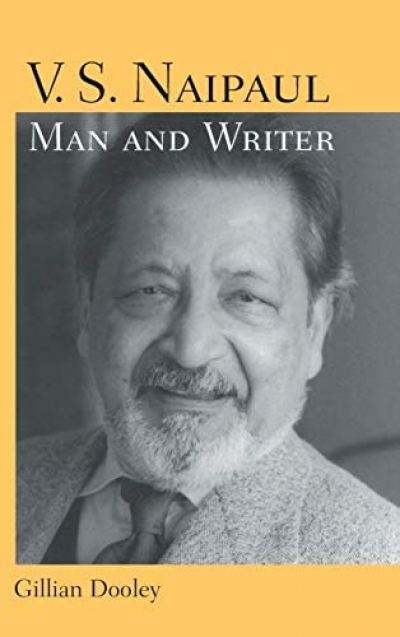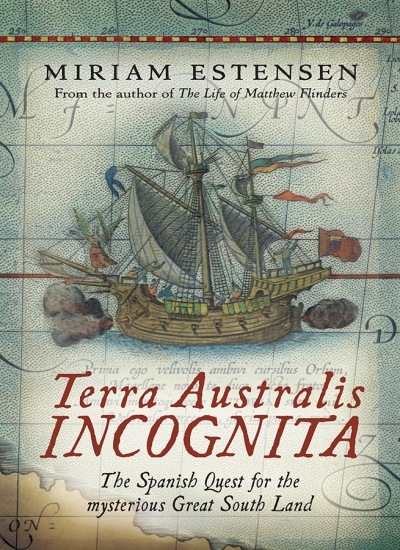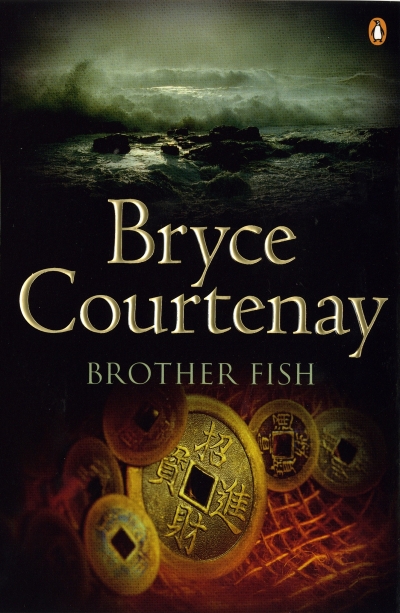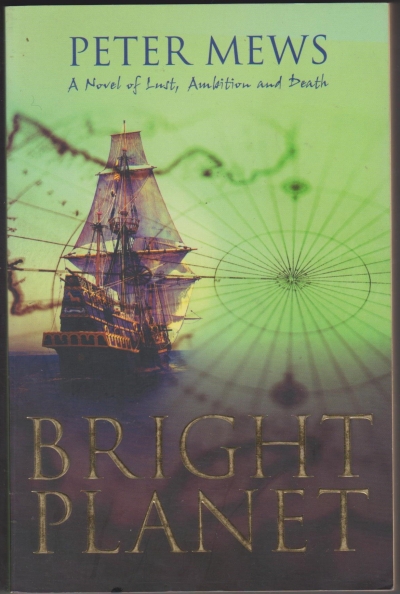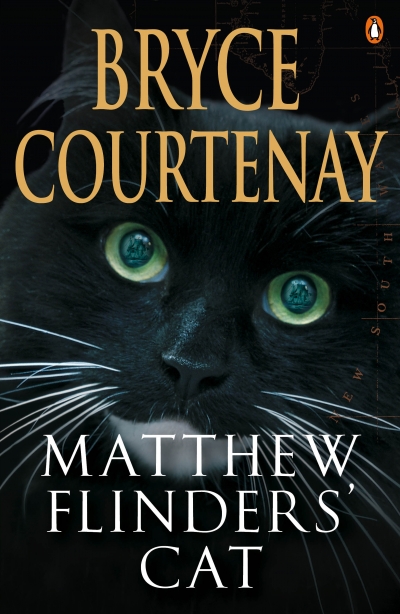The mystique of the Roman Catholic Church has been thoroughly exploited by the likes of Dan Brown and writers of the medieval monastic murder mysteries that gained a certain popularity following the English publication of Umberto Eco’s The Name of the Rose in 1983. Carmel Bird’s latest book contains a mystery, though not a murder. It is set mostly in 2001, but monks, convents, rosaries, black madonnas, and miracles fill the pages of The Child of Twilight, along with artificial insemination and air travel.
Sydney Peony Kent, the narrator, is the product of assisted reproductive technology, both of her genetic forbears being anonymous donors; her parents, habitually and oddly bundled together as ‘Avila/Barnaby’, are infertile. Sydney has a couple of imaginary friends, a Mexican nanny, and a collection of snow globes containing black virgins. And she writes novels.
...
(read more)

